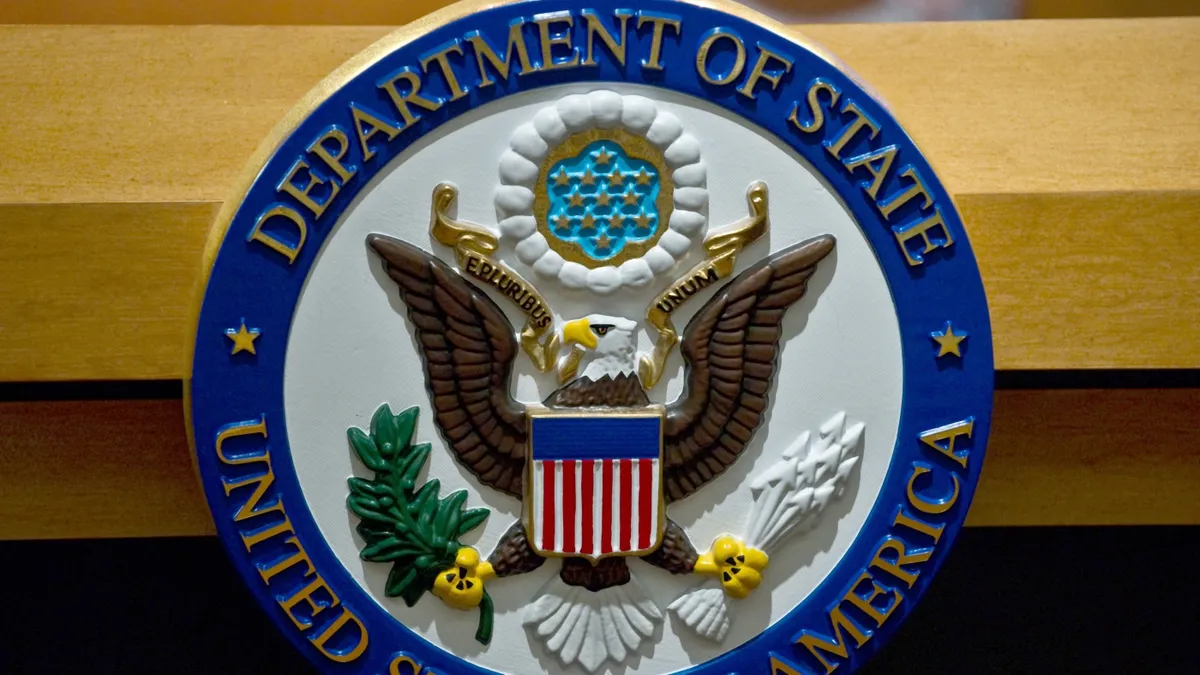
The Trump administration is significantly revising the State Department's annual reports on international human rights, a move that removes historical critiques of critical issues such as harsh prison conditions, government corruption, and restrictions on political participation. According to information obtained by NPR, these changes are aimed at streamlining the reports to align with current U.S. policies and recent Executive Orders, stripping away longstanding content that has traditionally informed Congressional decisions regarding foreign aid and security assistance.
Historically, these reports serve to highlight serious human rights abuses, including the denial of freedom of movement, suppression of peaceful assembly, and the retention of political prisoners without due process. The revised reports will no longer condemn the forced return of refugees or asylum seekers to countries where they risk facing torture or persecution. Furthermore, the harassment of human rights organizations will also be excluded from the documentation, which critics argue signals a retreat from the U.S.’s position as a global human rights advocate.
Human rights advocates have expressed concern that these cuts signify a diminishing commitment by the U.S. to pressure foreign governments to uphold civic and political freedoms. Paul O'Brien, Executive Director of Amnesty International, USA, remarked that the changes indicate a shift away from advocating for fundamental rights such as the ability to protest, organize, and express dissent. A spokesperson for the State Department has refrained from commenting on the memo or the changes to the reports, although NPR has confirmed its authenticity through multiple sources.
Officially known as the Country Reports on Human Rights Practices, these documents are mandated by law to provide a comprehensive overview of human rights conditions in each country. The revisions outlined in the memo do not target specific nations but instead eliminate entire categories of abuses across the board. Reports released annually in March or April are highly anticipated by foreign leaders and diplomats, and it has been noted that the 2024 reports, initially completed before the Trump administration, will be significantly altered before their release.
Among the most significant deletions are those concerning LGBTQ rights, which will no longer be included in the reports, along with all references to Diversity, Equity, and Inclusion (DEI). Other critical topics set to be removed include involuntary medical practices, arbitrary interference with privacy, serious restrictions on internet freedom, and gender-based violence. For countries like El Salvador, where the U.S. has recently negotiated the transfer of immigrants into a problematic prison system, details about prison conditions have been entirely erased, with only minimal references remaining.
Experts in the field of human rights warn that such changes could undermine the credibility of the U.S. in the international community. Christopher Le Mon, a former deputy assistant secretary in the State Department's Bureau of Democracy, Human Rights and Labor, emphasized the importance of maintaining credible and impartial reports. He cautioned that the alterations could damage the reports' credibility and potentially be perceived as favoritism towards certain regimes.
The revisions to the State Department's human rights reports reflect a broader shift in U.S. policy under the Trump administration, moving away from a comprehensive approach to human rights that includes a wide array of issues such as sexual exploitation and political rights for minorities. Although some human rights matters will still be reported, including war crimes, antisemitism, and child marriage, the reduction in the scope of what constitutes human rights is seen as a troubling development by advocates. As the landscape of international human rights continues to evolve, the implications of these changes will likely resonate well beyond U.S. borders.